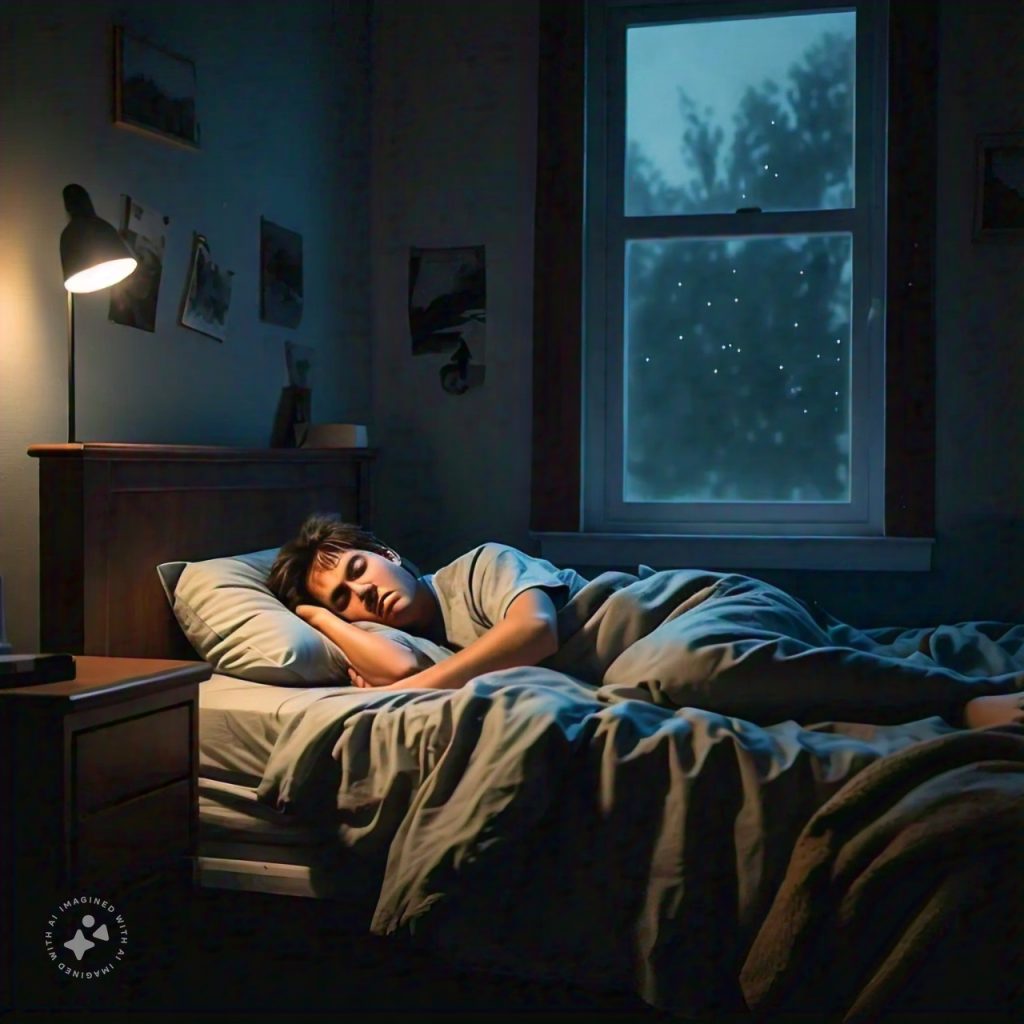Insomnia: Symptoms, Causes, and Treatments
Insomnia is defined as difficulty either falling or staying asleep that is accompanied by daytime impairments. It involves little or no sleep at all. It is a mental illness. It is usually not noticed early and is not felt until it takes a serious form.
Humans get this disease due to their modern lifestyle. Along with food, water, and clean air which are necessary for human life, sleep is equally necessary. Sleep and the brain are closely related.
Insomnia is when you have trouble sleeping. Over time, the effects can grow and become severe.
How sleep needs and habits vary and what that means for you
Sleep habits and needs can be very different from person to person. Because of these differences, experts consider a wide range of sleep characteristics “normal.” Some examples of this include:
- Early risers: Some people naturally prefer to go to bed and wake up early.
- Late risers: Some people used to go to bed and wake up late.
- Short-sleepers: Some people naturally need less sleep than others.
- Learned sleep variations: Some people develop sleep habits for specific reasons, such as their profession.
- Natural changes in sleep schedules: Sleep schedules/patterns tend to change as you age.
Doctors list the following symptoms to tell if you have insomnia.
These symptoms, if repeated, should not be ignored:
- Difficulty sleeping
- Sleep only for short periods
- Restlessness throughout the day
- Daytime insomnia
- Anxiety before sleep and stress
- Irritated
- Lack of concentration/difficulty paying attention
- Accidents (or) increased errors
Symptoms and Causes
What are the symptoms of insomnia?
- When you have a problem with sleeplessness.
- Daytime effects.
- long-term insomnia characteristics.
What causes the condition?
- We all have different sleeping patterns. A healthy person needs 7 to 8 hours of sleep. Certain lifestyle changes or medications can cause people to have chronic insomnia. This condition can be easily treated with the help of a doctor.
- If insomnia does not go away after a month, it may be due to chronic disorders. This can be due to stress or stress-related life problems.
- Various types of drugs, alcohol abuse, and smoking are major causes of insomnia.
Although many conditions can cause insomnia, it is still treatable. Simple changes in routine can be beneficial.
The factors that could cause this include the following:
- Genetics
- Brain activity variation
- Medical conditions
- Mental health conditions
- Life changes
- Habits and routine
When to Visit a doctor?
If insomnia persists for more than 3-4 weeks or interferes with a person’s daytime activities and ability to function, he or she needs immediate medical attention.
Diagnosis and Tests
How is insomnia diagnosed?
A diagnosis of insomnia may include:
- Physical Examination – If the cause of insomnia is unknown, a doctor will perform a physical examination to check for evidence of any medical problems associated with insomnia. Thyroid disorders, Alzheimer’s disease, asthma, CHD, Parkinson’s disease, and other diseases can also cause insomnia. A blood test can be done to know the status of the disease.
- Sleep Habits Review – Your doctor may ask you to complete a questionnaire to determine your sleep patterns, wakefulness episodes, and level of daytime sleepiness.
- Sleep study (polysomnography) – If the cause of your insomnia is unknown, or you have other sleep problems such as restless sleep apnea, you may need to spend the night at a sleep center. Many body functions are monitored and recorded during sleep, including heart rate, respiration, brain waves, eye movements, and body movements.
Management and Treatment
Many people can get better sleep by changing sleep habits and addressing concerns that can cause insomnia, such as stress, medical illness, or medications. If these methods don’t work, doctors may suggest cognitive behavioral therapy, sleep medications, or a combination. This can help you fall asleep.
The main approaches to treating insomnia are:
- Developing and practicing good sleep habits
- Medications that help you stay asleep
- Mental healthcare.


